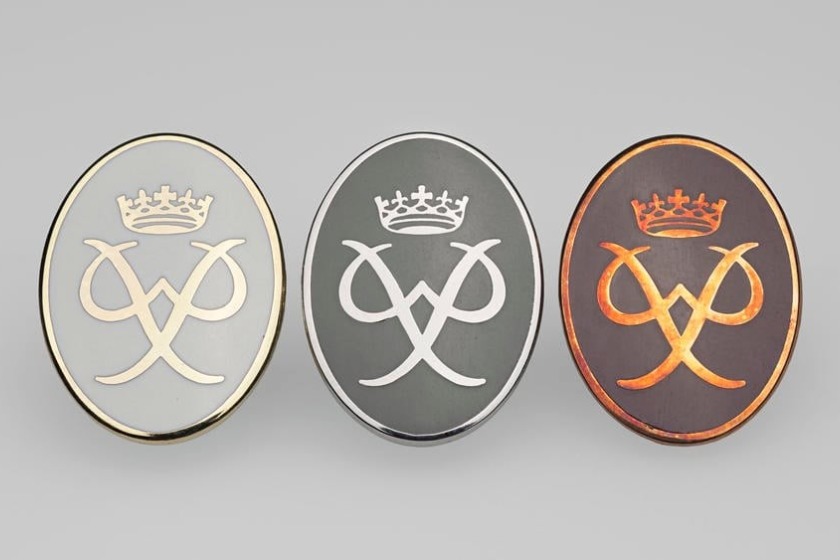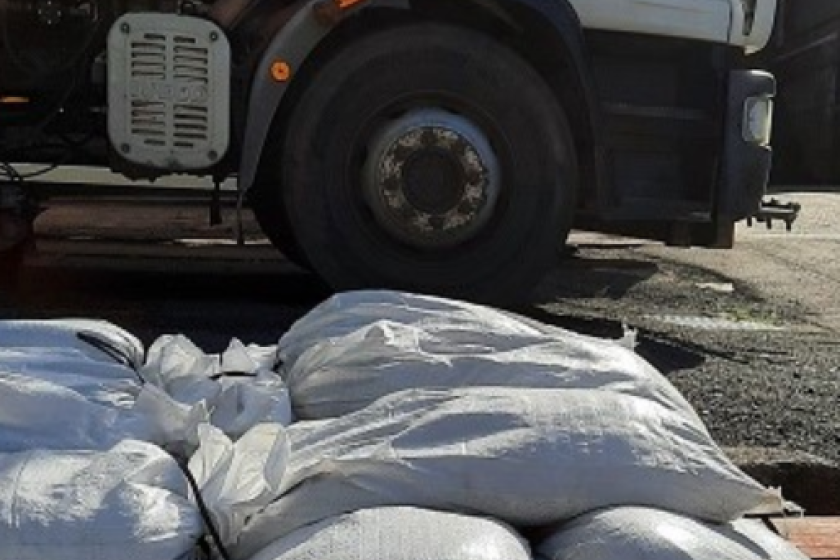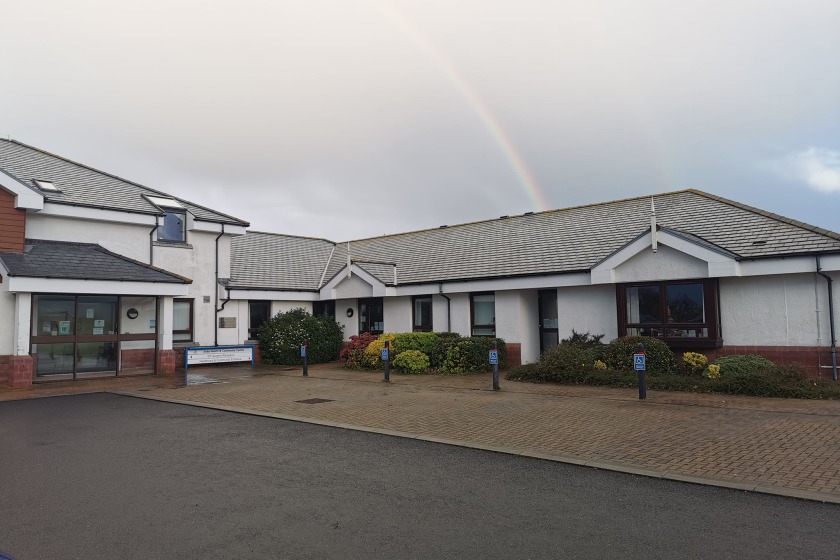Fri, 06 Oct 2023
Why should the public be concerned if farmers have had a tough summer?
A wet summer is a kill joy to most people trying to enjoy the summer break, but to farmers it can be detrimental to their already delicate business and have a knock on effect to the general public and food prices.
Currently there is no denying we’re in a cost of living crisis and there is a constant grumble amongst people with ever rising crisis; so Energy FM went along and spoke to Manx National Farmers Union (MNFU) Secretary, Sarah Comish for her to explain the impacts of a wet summer have had on farmers and what it’ll mean for food prices.
Although your food prices may be going up, it’s worth noting that the majority of that prices increase is not going back to the producer (the farmer). The MNFU released figures earlier in the year that showed the average the farmer gets is between 8-12% of the shelf price.
The wet summer has meant not only has there been a reduced amount of crops successfully harvested but there is a mass shortage of the bi-product such as straw which is used as animal bedding.
This may not seem like a big deal, but its added expense to the farmer as now they will be left will little choice but to import straw. These costs, along with fuel and fertiliser being back on the rise, will have to be passed on to the buyer.
Comish explained that the balance of farming is off currently following the loss of the milling wheat sector, which would normally produce the straw for livestock farmers.
“People are importing straw, because we have to. It seems a bizarre thinking to say but we have to import straw.
“Some people are having to use old hay which is far from ideal, but ultimately you have to consider animal welfare above everything else and you have to provide them with some housing and some bedding.
“The cost of importing the straw had been a significant hit for an industry that already have existing cash flow problems from the last couple of years.”
 Fri, 29 Dec 2023
Fri, 29 Dec 2023
 Fri, 29 Dec 2023
Fri, 29 Dec 2023
 Fri, 29 Dec 2023
Fri, 29 Dec 2023
 Fri, 29 Dec 2023
Fri, 29 Dec 2023
 Fri, 29 Dec 2023
Fri, 29 Dec 2023
 Thu, 28 Dec 2023
Thu, 28 Dec 2023
 Thu, 28 Dec 2023
Thu, 28 Dec 2023
 Thu, 28 Dec 2023
Thu, 28 Dec 2023
 Wed, 27 Dec 2023
Wed, 27 Dec 2023